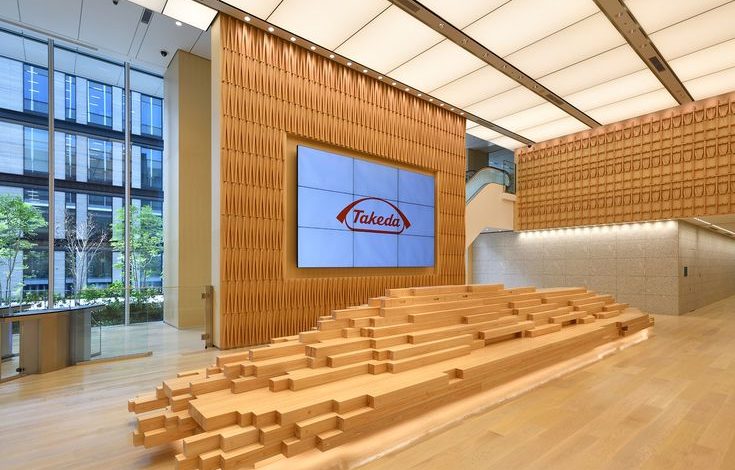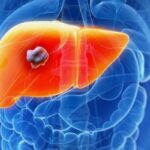Takeda Faces Setback as Phase 3 Trial for Promising Lung Cancer Drug Exkivity Fails

In a major blow to Takeda Pharmaceutical Company, the highly anticipated targeted non-small cell lung drug Exkivity has suffered a significant setback. Takeda announced on Thursday, during its quarterly earnings report, that the drug had failed to meet expectations in a phase 3 trial involving newly diagnosed patients. Consequently, the study was terminated prematurely, leaving the company in a precarious position.
During an investor call, Takeda’s R&D chief, Andy Plump, disclosed that the company is currently in discussions with regulatory authorities to review the data and determine the next course of action. The failure of Exkivity’s Exclaim-2 trial is a troubling development, especially considering the drug’s potential as a growth driver for Takeda.
The Exclaim-2 trial was designed to serve as a confirmatory trial for Exkivity’s accelerated approval, which had been granted by the FDA based on promising results from single-arm trials. As part of the accelerated approval, the FDA required data from a randomized trial to validate the drug’s clinical benefit. Unfortunately, Exclaim-2 was the only phase 3 trial for Exkivity listed by Takeda, making its failure a critical concern for the company’s future plans.
Adding to Takeda’s worries is the recent success of Johnson & Johnson’s rival drug, Rybrevant, in delaying cancer progression in first-line NSCLC patients. Both Exkivity and Rybrevant received FDA accelerated approvals in 2021 as second-line treatments for NSCLC with EGFR exon20 insertion mutations, using tumor shrinkage data from single-arm trials.
The tightened regulations on accelerated approvals by the FDA’s oncology department have further complicated matters for Takeda. Recently, GSK was forced to withdraw its multiple myeloma therapy, Blenrep, from the U.S. market due to a confirmatory trial failure, following the FDA’s request.
Takeda’s unique approach to Exclaim-2’s design, testing Exkivity as a single agent in the front-line setting compared to J&J’s combination of Rybrevant with chemotherapy in the PAPILLON trial, highlights the diversity in their strategies for treating lung cancer.
Exkivity is a critical component of Takeda’s oncology portfolio, along with the ALK lung cancer medication, Alunbrig. The company had projected peak sales of $300 million to $600 million for Exkivity, which generated 3.7 billion Japanese yen ($26 million) in sales in the 12 months ending in March. With both Exkivity and Rybrevant splitting the second-line market evenly, Takeda had been optimistic about the drug’s prospects.
However, there might still be a glimmer of hope for Takeda’s oncology division, as the company recently made a significant investment in Hutchmed’s VEGFR inhibitor fruquintinib. With the drug’s approval in China under the brand name Elunate and its application under priority review by the FDA for previously treated metastatic colorectal cancer, Takeda may have another potential cancer drug growth driver in its pipeline.
While Takeda has had its share of challenges with the FDA in the past, including the recent withdrawal of its dengue vaccine TAK-003 (Qdenga) due to data concerns, the company is now faced with crucial decisions regarding Exkivity’s future. The failure of the Exclaim-2 trial puts the drug’s accelerated approval in jeopardy, and Takeda will need to carefully assess its options in light of the evolving regulatory landscape and the competitive landscape within the lung cancer treatment market. Investors and industry experts are eagerly awaiting the company’s next moves as the situation unfolds.





